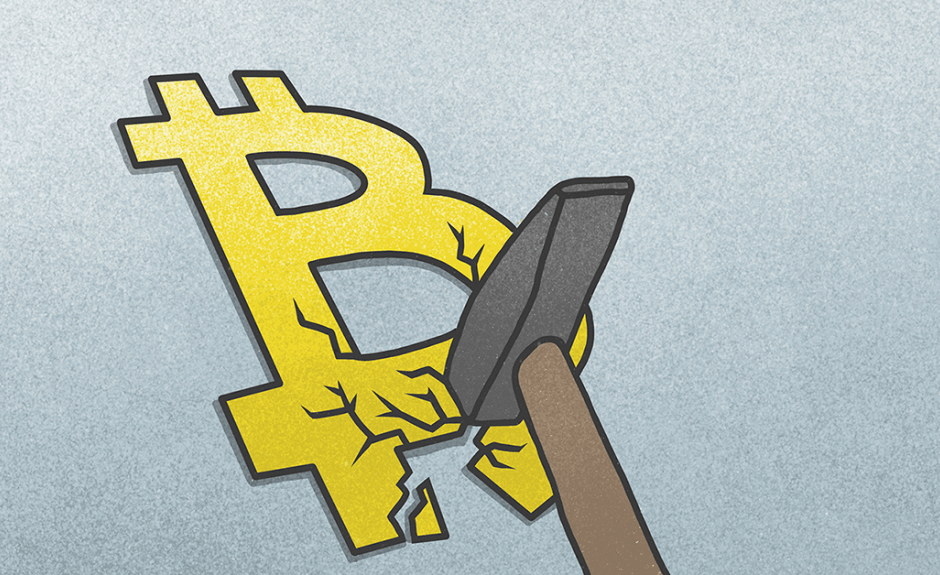Just like people have different opinions, countries’ governments think and act differently, as well.
When it comes to cryptocurrencies, a number of governments have denounced their legitimacy, potential of growth, and the possibility of reasonably being used alongside traditional currencies that are currently backed by federal governments around the world – they’re also known as fiat currencies.
Some governments, on the other hand, have recognized the vast potential of cryptocurrencies that could take anywhere between a few years and a few decades to even begin to come to fruition. That’s if these potentially great outcomes even end up happening in the first place!
Japan, juxtaposed just a few miles off of the coast of China, a vehement denouncer and opponent of digital coins and cryptocurrencies, is one of the world’s friendliest countries towards these currencies.
Funny enough, these “currencies” aren’t even used as currencies by most people. Rather, cryptocurrencies are widely being used as investments by investors who trust their ability to read the market and buy tons of various cryptocurrencies before the next potential bull run.
Anyway, Japan was one of the first countries to welcome crypto. The country welcomed Mt. Gox in 2010, just one year after Bitcoin was founded by the still-unknown Satoshi Nakamoto. Only three years after the foundation of Mt. Gox, the global crypto exchange grew to conduct some 70 percent of all bitcoin transactions around the planet. Mt. Gox remained at this size throughout most of 2013 and even into Jan. 2014.
Mt. Gox failed in Feb. 2014, coming out with a revelation that someone or some group had stolen roughly $450 million in bitcoin from the exchange.
Even though the exchange crapped out, Japan has still been open to cryptocurrencies.
As of recent, countries across the globe have discussed joining forces to regulate cryptocurrencies as a means of minimizing fraud and other bad behavior. If all of these countries’ views toward cryptos were combined and averaged, it would likely be quite restrictive on cryptos like Bitcoin.
Japan wants to stay away from this attitude, said Hirmoi Yamaoka, the Director-General of payment and settlements at the Bank of Japan, in a fresh interview with Reuters.
Yamaoka stated that Japan would be potentially interested in discussing these issues with the world, though it will likely stay away from entering international regulatory frameworks.
Japan ultimately wants to regulate the industry to “curb excesses without discouraging innovation,” said the central bank figurehead.






